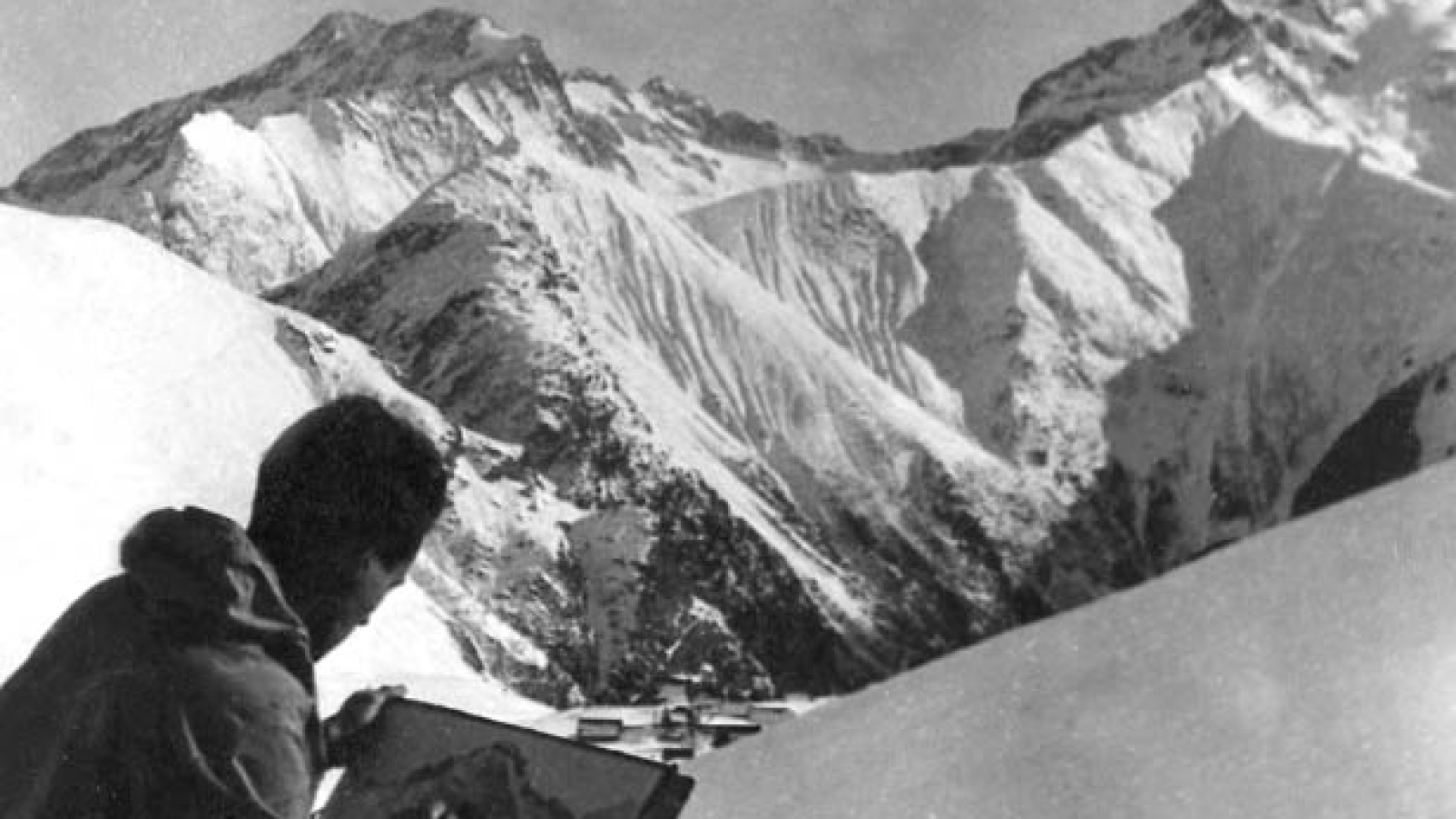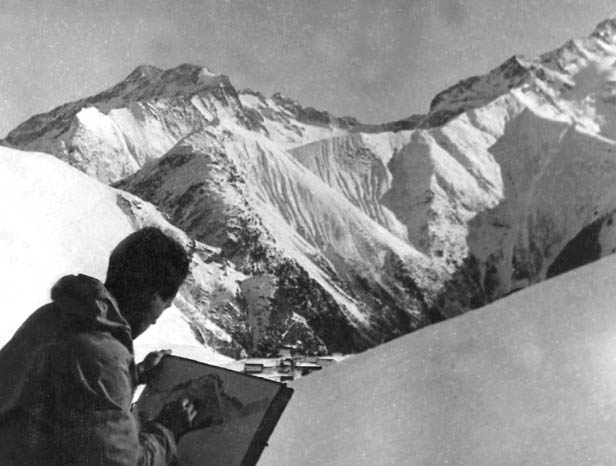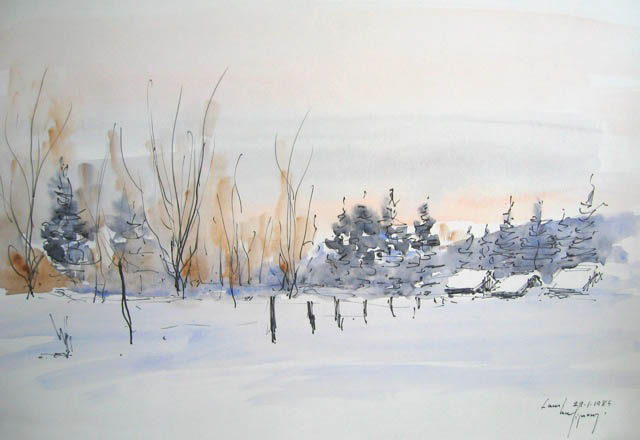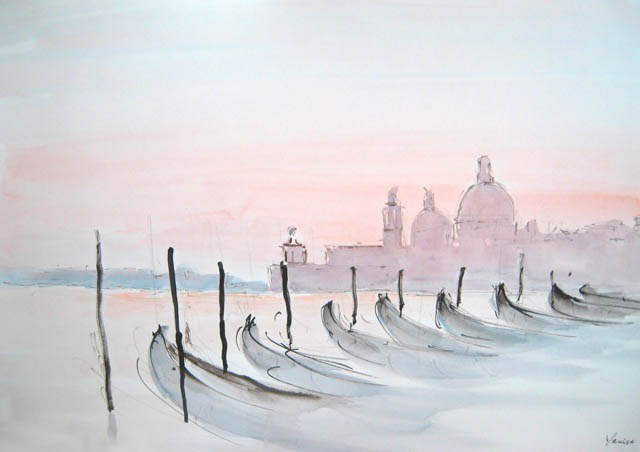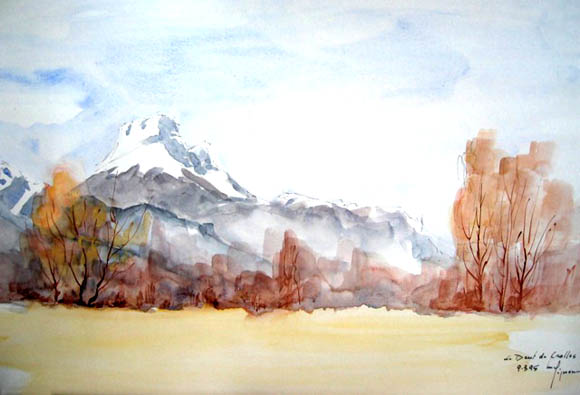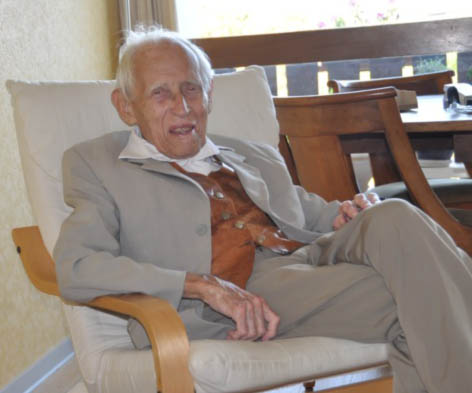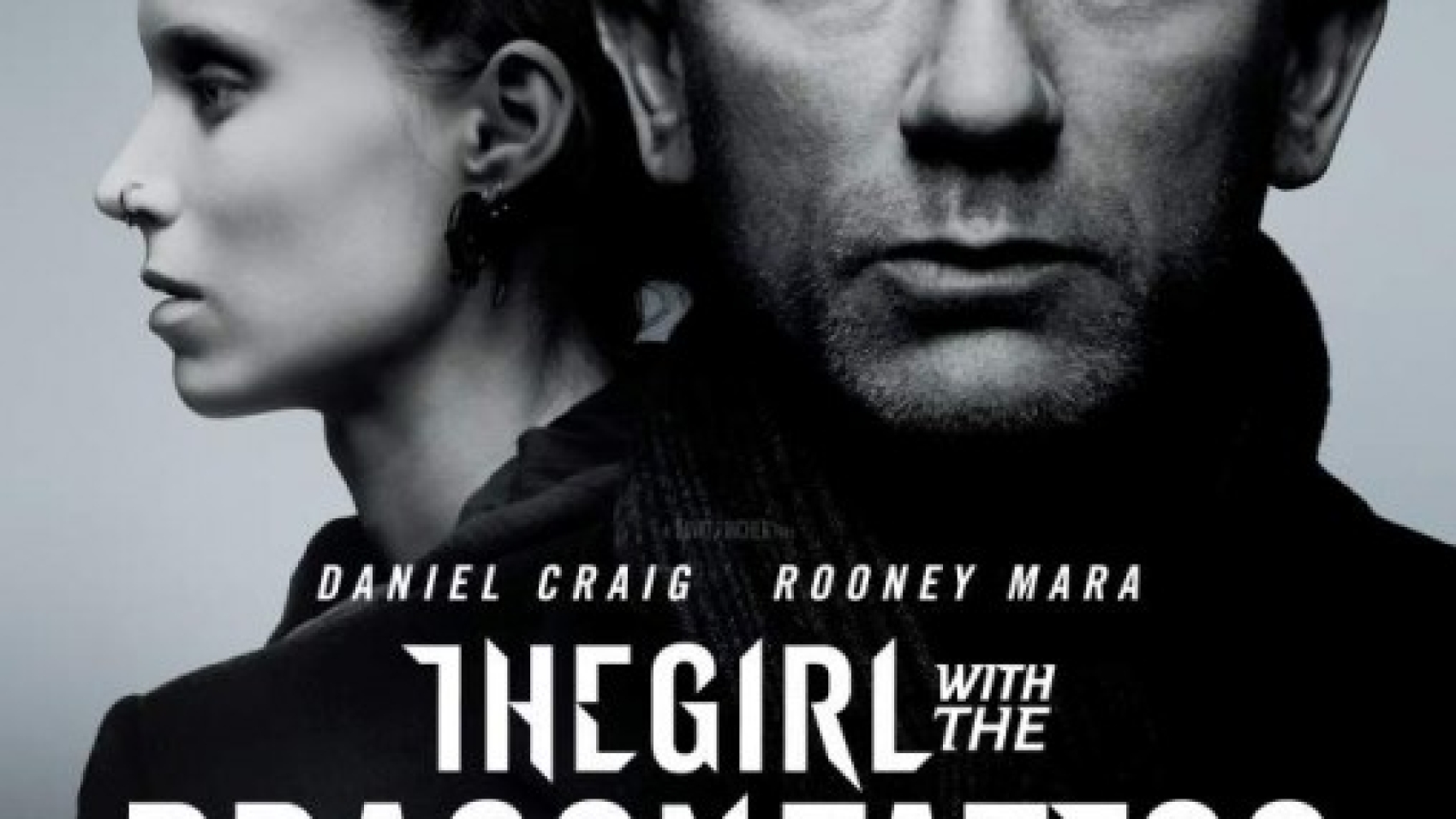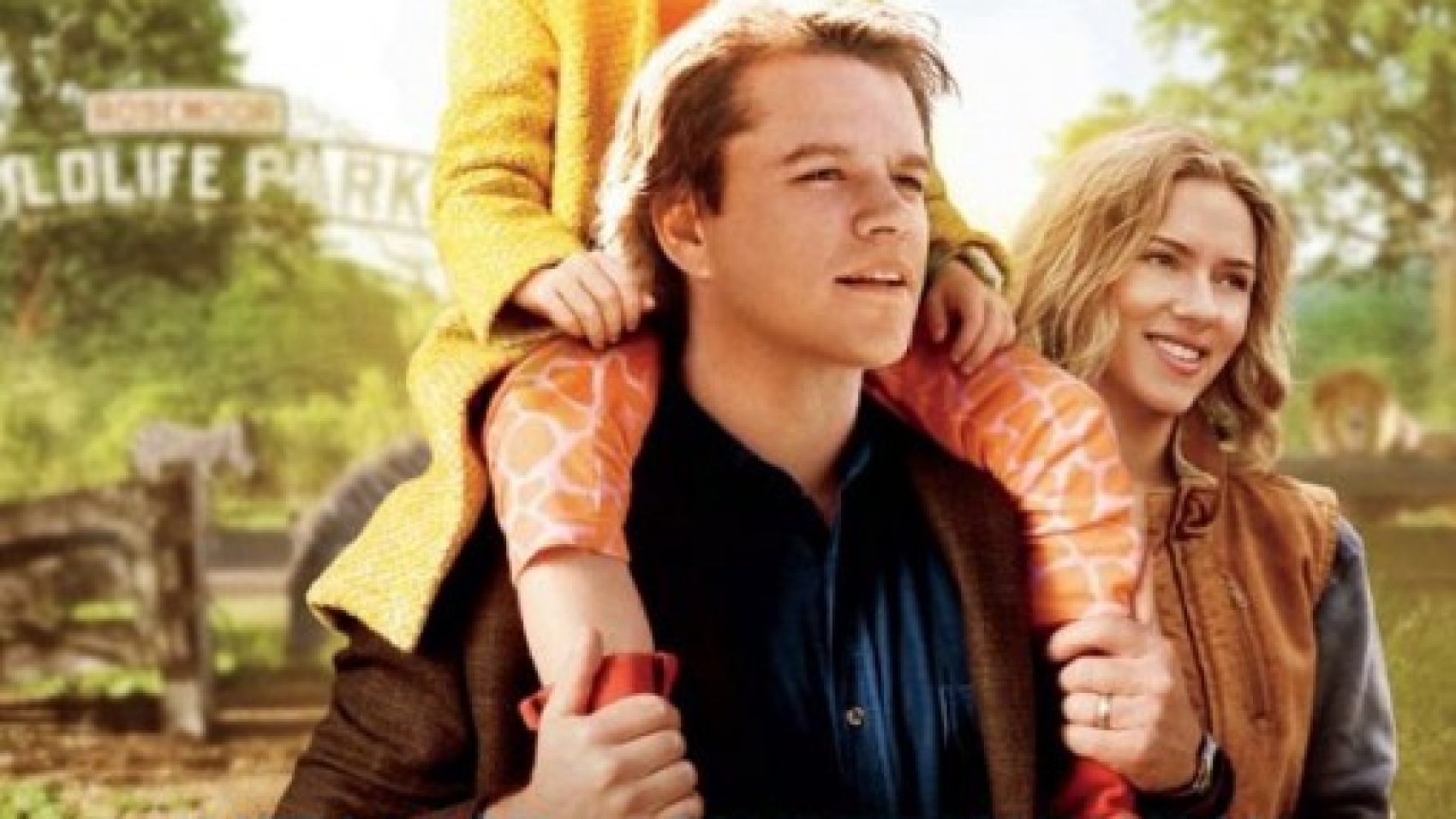Determining Your Ayurvedic Dosha

Determining Your Dosha
To get started on a deeper exploration of Ayurveda and the wisdom it holds for your health and well-being, take the following quiz to find out which doshas are most prominent in you.
Instructions: For the 20 statements listed below each dosha, mark from 1 to 3 how accurately the statement fits you.
1 = Doesn’t fit me
2 = Fits me partially or part of the time
3 = Fits me very accurately or most of the time
At the end of each dosha section, tally your total score for that dosha by adding up the individual scores within that dosha. Then when you get to the end of the quiz, compare your scores for the three doshas.
VATA
- _____ I have a tall, thin or small-boned build; I don’t gain weight very easily.
- _____ I have a tendency toward anxiety or worry.
- _____ My least favorite kind of weather is cold weather.
- _____ I develop gas or become constipated easily.
- _____ Left to my own devices, my eating & sleeping habits are often irregular.
- _____ My hands and feet tend to be cold.
- _____ I typically walk more lightly and quickly than others.
- _____ I like to be active; sometimes it’s hard for me to sit still.
- _____ My hair tends to be dry.
- _____ My tendency is to eat quickly, and I have a delicate digestion.
- _____ My sleep is light and interrupted; I may even suffer from insomnia.
- _____ I learn things quickly but tend to forget them quickly as well.
- _____ I am easily excited.
- _____ My moods change quickly.
- _____ Decision-making tends to be difficult for me.
- _____ My nature is to be enthusiastic and vivacious.
- _____ My mind is very active, sometimes restless, but also very imaginative.
- _____ My speech pattern is quick and people say that I’m talkative.
- _____ I tend to have dry, rough skin, particularly in winter.
- _____ My energy comes in bursts and I get worn out easily.
VATA SCORE ___________
PITTA
- _____ I am a perfectionist by nature.
- _____ I tend to perform activities with a high level of precision and order.
- _____ Hot weather makes me especially uncomfortable or causes me to quickly become fatigued.
- _____ I really enjoy cold foods, like ice cream, as well as cold drinks.
- _____ When conflicts arise, I tend to become intense, impatient, and irritable.
- _____ Skipping or delaying meals makes me very uncomfortable.
- _____ Whether I show it or not, I am easily annoyed and quick to anger.
- _____ My hair is fine, thin, and reddish or blonde and prematurely grayor balding.
- _____ I don’t tolerate spicy foods well.
- _____ I tend to be quick to perspire.
- _____ I tend to be stubborn.
- _____ I am fairly strong and can handle many physical activities.
- _____ My bowel movements are regular; I am more likely to have loose stools than constipation.
- _____ I am more likely to feel that a room is too hot than too cold.
- _____ I thrive on challenges and am determined to achieve my goals.
- _____ My hands tend to be warm.
- _____ Under stress, I can be quick to anger and am often critical of both myself and others.
- _____ My appetite is strong, and I can eat pretty much anything I want to without problem.
- _____ I tend to maintain my weight without much effort.
- _____ I tend to gather many facts before forming an opinion.
PITTA SCORE ___________
KAPHA
- _____ My physique is large and solid.
- _____ I sleep deeply and for long periods of time.
- _____ I gain weight very easily, sometimes it seems just by looking at food.
- _____ Skipping meals is easy and not typically uncomfortable.
- _____ I need a full 8 hours of sleep in order to function well the following day.
- _____ I am typically groggy in the morning and slow to get my day started.
- _____ I frequently suffer from sinus problems, asthma, chronic congestion, excess mucus or phlegm.
- _____ I tend to be sensitive and affectionate, sweet and forgiving.
- _____ I have smooth, oily, moist skin.
- _____ Cold, damp weather affects me adversely.
- _____ It’s my nature to be calm and slow to anger.
- _____ My weight tends to be above average for my build.
- _____ I tend to do things slowly and methodically, in a relaxed and leisurelymanner.
- _____ I learn slowly but my retention and memory are good.
- _____ My general disposition is easy-going—it takes a lot to fluster me orstress me out.
- _____ I eat and digest slowly.
- _____ I have dark, thick, wavy hair.
- _____ My stamina and endurance are strong, and I enjoy a steady energylevel.
- _____ The gait of my walk is generally slow, steady, and leisurely.
- _____ My reaction to conflict is to get lazy or depressed.
KAPHA SCORE ___________
FINAL SCORE
Vata ________ Pitta ________ Kapha ________
Understanding your results: If your primary dosha is extremely prominent, with a score as much as twice as high as your second dosha (for example, Vata–55, Pitta–21, Kapha–19), you are a single-dosha type. If no dosha is extremely dominant (for example, Vata–34, Pitta-55, Kapha–29), you are a two-dosha type, with the leading dosha coming first in your body-type name. If all three doshas are nearly equal (for example, Vata–43, Pitta–38, Kapha–46), you are the rare three-dosha type.
Have fun!


